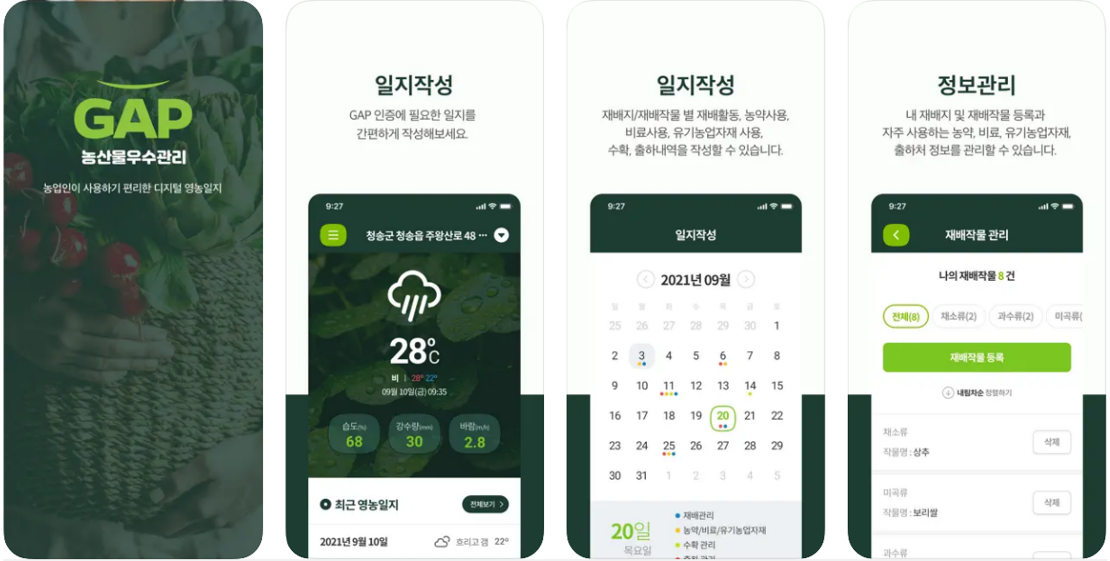Pulmuone’s Sustainable Raw Material Procurement Program
Pulmuone’s Sustainable Raw Material Procurement Program
Pulmuone is implementing the mutual growth management to pursue a better life and consider the future with the society. We intend to fulfill our social responsibility to foster a sustainable industrial ecosystem in terms of running a business.
1. Purpose
Pulmuone is making our best efforts to adhere to all relevant laws and regulations, respect and treat workers, ensure a safe work environment, and carry out business ethically. We are operating the “Sustainable Raw Material Procurement Program” to make sure that raw material farms and their contractors included in Pulmuone supply chains to fulfil their social, environmental, and ethical responsibility and support them.
2. Scope of Appliacation
This policy falls on Pulmuone and the affiliates including domestic and foreign subsidiaries and encourages participation of all farms and second-tier supplying raw materials to Pulmuone. Pulmuone expects all farms to cooperate with us to implement and observe the principles of this policy and farm management program faithfully.
3. Operational Program
3-1. Support for minimizing environmental impact and reducing greenhouse gas
Promoting Organic Farming
The late Won Kyung-sun, founder of Pulmuone Farm, first introduced organic farming to Korea in the 1970s in the spirit of loving one's neighbors and respecting life. He then founded Korea's first organic farming organization, Jeong Nonghoe, and devoted himself to the promotion of organic farming, as a result attending the 1992 UN World Environment Conference to represent Korea and introduce the organic farming movement in the country. Starting with Korea's first organic specialty store, Pulmuone Organic Produce Farm Shop, to the incorporation of Pulmuone Foods, Pulmuone has led the organic market and industry with the spirit of "Love for Our Neighbors, Respect for Life."
Training for Green Bean Farmers
We provide farmers with training on our green bean cultivation process and quality standards, reliable cultivation technology for high-yielding and high-quality crops, and how to use pesticides safely.
3-2. Efficient water utilization
For farming areas with a high level of water risk, we help local farmers use water more efficiently by providing access to water-saving technologies and increasing financial support.
Water Risk Assessment at Sources
We conduct assessments of the sources of tofu beans, green beans, and natto beans in Korea and other countries with WRI Aqueduct Water Risk Atlas. With the atlas, physical water risks (such as water stress, water depletion, etc.), water quality, as well as regulatory and reputational risks are analyzed by country to find ways to address them accordingly.
3-3. Managing Biodiversity
In order to help farmers who cultivate crops that are used as our raw materials to understand and manage the impact of our supply chain on ecosystems, we share information about biodiversity, securing the sourcing of certified ingredients while ensuring sustainable production.
MSC/ASC Certification
Starting with Noeul Haesim, the world's first ASC-MSC certified product in the seaweed category, we have been constantly adding more products to the list. Only seafood ingredients that have passed rigorous tests on sustainable marine ecosystems are certified for MSC/ASC. We are committed to minimizing our impact on the marine ecosystem by analyzing marine biology and preparing manuals on endangered species near Buangun, Jeollabuk-do, which is where the farm for Noeul Haesim is located.
Biodiversity Risk Assessment
We actively conduct natural capital and biodiversity risk assessment on key suppliers and production areas using the WWF Risk Filter Suite. We aim to enhance the biodiversity management process for high risk areas.
3-4. Protection of Soil Conditions
Upcycling Byproducts in Support of Young Local Farmers
In collaboration with Heuksalim Bio, which has extensive know-how and expertise, we have successfully produced organic fertilizer using the byproducts (loss soybeans) generated from Sinsun Natto Plant in Goesan, and provided it to young local farmers to support their crop production. This type of organic fertilizer is developed based on fungal cultures. It is known to protect the soil while preventing contamination since it supplies natural nutrients, organic matter, and microorganisms. It has also been reported to increase the content of organic matter in soil, thereby bringing positive effects through carbon fixation.
3-5. Others
Expanding GAP-certified Infrastructure to Improve Crop Residues
As part of our low input sustainable agriculture practice, we are increasing the purchase and retail of GAP-certified agricultural products while committing to the expansion of the GAP-certified agricultural supply infrastructure. Since we joined the pilot project to implement GAP certification in 2006, Foodmerce, our food material distribution subsidiary, has increased the number of GAP certified agricultural products to 13. Our food safety team at Pulmuone Corporate Technology Office, which is qualified as a GAP certification assessor, visits farmers once a year to conduct self-inspections and safety analyses on GAP standards with focus on hygiene/cleanliness, compliance with PLS, and the use of pesticide.
Since 2016, we have distributed self-developed GAP Farm Journal app free of charge Farmers of GAP-certified agricultural products can easily manage their product’s production traceability in real time, using the app's standardized forms and public data. The app was recognized for its contribution in the advanced retail
of GAP agricultural products, winning the Silver Award at the 2023 GAP Best Practice Contest and the Startup Competition for Using Agriculture/Public Big Data organized by the Ministry of Agriculture, Food and Rural Affairs.

[GAP Certification System]
4. Sustainable Raw Material Certification
At Pulmuone, we make sure the raw materials and ingredients we purchase have been certified for sustainability. The certification refers to those issued by local governments and third-party certification agencies in regard to the environmental impact and safety of the raw materials or ingredients under the applicable laws and global standards. We require and verify certificates from the producers when making a purchase and signing a contract, and we plan to increase the ratio of certification to realize the sustainability of our products. We are currently in the process of updating the Green Purchasing Guidelines to consider the environmental impact of our suppliers and materials from the early purchasing stage.

[Current Status of Sustainable Raw Material Certification (2023)]









